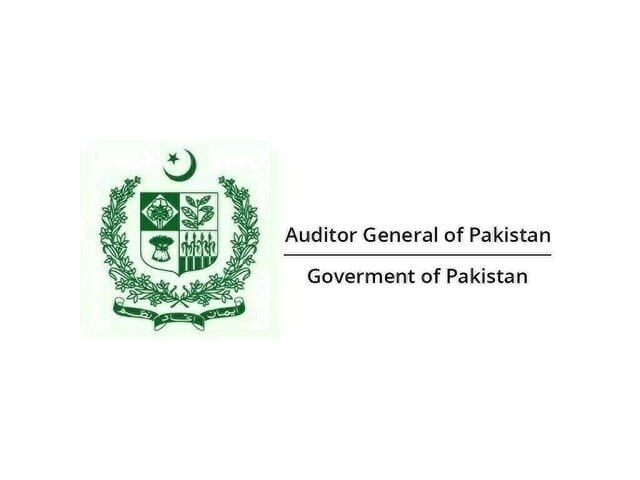By Sohail Sarfraz
Copyright brecorder

ISLAMABAD: Auditor General of Pakistan (AGP) has expressed serious concern over an inefficient performance and weak monitoring of the Federal Board of Revenue’s (FBR) Track and Trace System (TTS) and recommended immediate implementation of the system at cement and beverages sectors.
According to the AGP’s latest report for 2024-25, Rule 150ZF (Chapter XIV-B) of the Sales Tax Rules, 2006 specifies for electronic monitoring, tracking and tracing of production, import and supply chain of the following goods, on real time basis, hereinafter referred to as the specified goods, namely tobacco products, beverages, sugar, fertilizer, cement, petroleum products and steel sector.
Further, Rule 150ZQN provides that the Board shall establish Inland Revenue Enforcement Network (IREN) which shall be responsible for combating evasion and leakages of taxes and duties payable on specified goods, which shall coordinate with enforcement units and concerned field formations.
The FBR introduced the Track and Trace system to increase tax compliance and reduce tax evasions by tracking the production, movement and sale of goods in four sectors: tobacco, sugar, fertilizer and cement.
During data analysis of track and trace system, Audit observed that Inland Revenue Enforcement Network (IREN) reported an amount of Rs 2,358 million as duty/ taxes evaded but only recovered Rs 145 million during the period from July 2023 to June 2024. This depicts ineffective and weak monitoring on the part of IREN which was specifically created by the FBR under Rule 150ZQN of Sales Tax Rules 2006, for combating evasion and leakages of taxes and duties payable on specified goods.
IREN reported that they had conducted 671 raids all over Pakistan during the period July 2023 to June 2024. However, only 06 business premises were seized and 04 FIRs lodged on account of illicit trade activities by the registered persons. Further, no substantial improvement in revenue has been observed as a result of IREN activities. This shows weak performance on the part of IREN to control tax revenue leakages.
The Project Director of IREN is responsible to arrange and carryout audit of the track and trace system every year as specified in the Rule 150ZQP of the Sales Tax Rules, 2006. However, no evidence of any such examination or reports was shown to Audit, which shows weak and ineffective monitoring by the IREN.
IREN reported that they have formed 35 squads all over Pakistan for the period July 2023 to June 2024 to monitor the track and trace system installed in the manufacturing units; however, no evidence of its performance in combating evasion and leakages of government revenue was provided to Audit.
The matter was brought to the notice of the department in November, 2024. In response, FBR reported that majority of the amount relates to tobacco sector wherein no one claimed ownership of confiscated goods. Audit disagreed with the contention and asked for documented/ comprehensive reply in all four sectors; i.e., sugar, cement, fertilizer and tobacco.
The DAC, in its meeting held in January 2025, directed the Project Director (IREN) to give a detailed reply regarding the efficiency of system in different sectors for avoiding tax evasion and under reporting of overall production, as well as, control system to ensure fair and transparent reporting of sector wise production of all four segments of track and trace system within fifteen days. No further progress was reported till finalization of the report.
Audit recommends that the Track and Trace System should be effectively implemented in cement and beverages sectors without any further delay. A mechanism should be evolved for periodic review and assessment regarding effective implementation of track and trace system across different sectors of industry, AGP recommended.
Copyright Business Recorder, 2025



